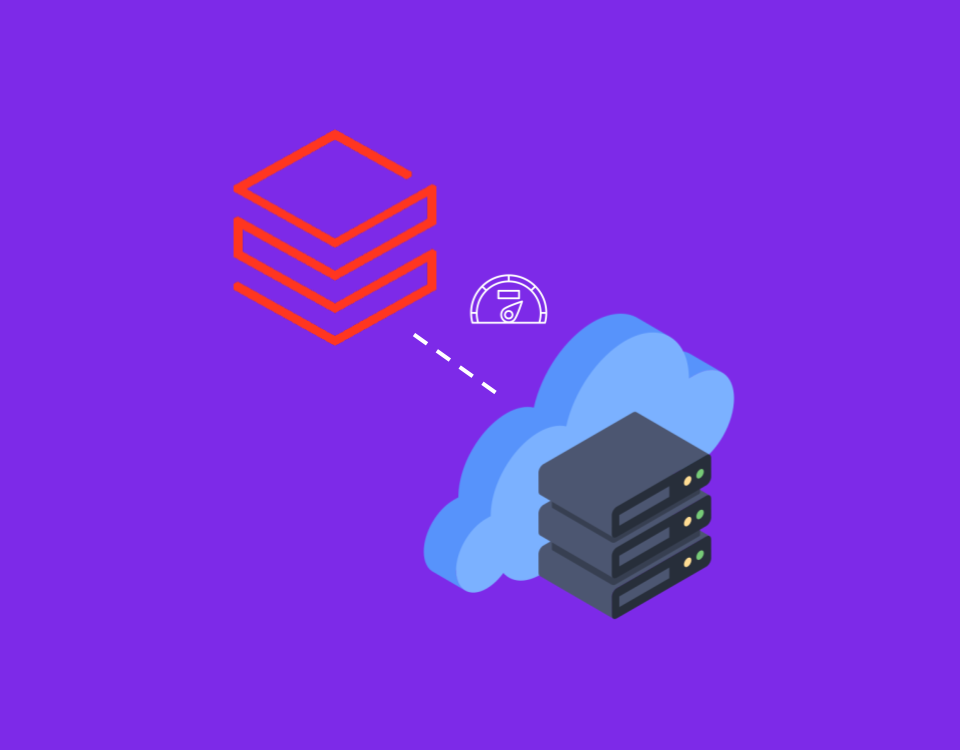Most corporate customers in the industry choose AWS as their cloud platform. Goldman Sachs, Coca-Cola, Johnson & Johnson, Siemens, Shell, and Comcast are some of the thousands of companies that use AWS to create new revenue streams, increase operational efficiency and reduce business risk.
The Enterprise chose AWS to be more flexible, innovative, and efficient. With AWS, you benefit from the fastest innovation steps, the widest and deepest functions, the safest computer environment, and proven operational skills.
Why AWS is better?
- Increase new sources of income
Respond to new business insights, customer needs, and changing market conditions quickly to open up new revenue streams. With AWS, you can quickly test and replicate ideas in a flexible environment, and then quickly scale the most promising new business ideas.
- Increase operational efficiency
Switching to AWS gives you benefits that go beyond IT savings. With AWS, you can increase employee productivity with a flexible development team, accelerate the development cycle to reach markets faster, and increase operational stability to increase availability.
- Lower business risk
Protecting your data and maintaining the trust of customers and stakeholders is very important for your company. AWS offers you the most flexible and secure cloud platform supported by a comprehensive set of security, compliance, and management services that help you minimize risk without sacrificing market time, size, and business flexibility.
Benefits of AWS for your Business
- Migration and release of resources
AWS supports you with the most powerful tools and services to simplify and automate your migration and support you with proven migration methods and experienced employees at every step of your migration journey. Starting your AWS application frees up valuable IT resources which can then focus on innovation for your company.
- Adoption of modern application development methods
With AWS, you can easily implement modern application development methods that your company can use to quickly create, test, and use new products and services. With the most comprehensive and serverless container platform, you can easily create and manage microservices on a large scale. With a set of integrated CI / CD (Continuous Delivery and Integration) tools, AWS simplifies development workflow automation so you can focus on reaching markets faster.
- Produce faster and deeper in your business
With the widest and most comprehensive set of analytics, machine learning, and artificial intelligence services, AWS enables your company to collect valuable data information in your company to make decisions faster, improve customer experience, and reduce potential business risks.
- Ensure security, compliance, and sustainability
Security at AWS is our top priority and increases compliance and protection. With 5 times more encryption services and 7 times less downtime in 2018 than the next largest cloud provider, AWS is the most flexible, secure, and reliable cloud computing environment available today.
- Set yourself for speed and agility
AWS offers a number of best practices that help you organize your builders into smaller, more agile, and more powerful teams so you can take full advantage of developments in our cloud. By managing your product or service, your development team has full responsibility from development to operation, which allows faster decision making and shorter development cycles.
- Bridge skills and gaps in experience
With AWS, you have access to proven expertise, methods, and best practices to build the features you need in your company so you can quickly get the best from our cloud platform. AWS customer service and our expanded network of AWS partners offer ongoing support for the transformation of your company.
6 Key Benefits of Amazon Web Services for Cloud Computing
The benefits of moving information technology services to the cloud are well known. Companies can measure faster, reduce risk, and especially save money.
The cloud market is currently dominated by three well-known companies: Amazon, Microsoft, and Google. All three offer global services at competitive prices, but Amazon Web Services (AWS) remains the industry leader and the most attractive choice for business managers and CIOs.
This article explains some of the main differences between Amazon and its cloud competitors.
- Reliability
Amazon has been a leader in the cloud computing industry for more than a decade. As a result, the platform functionality and the technology behind it are optimized and developed by leading experts in this field to meet the needs of companies of all sizes.
Hosting a website or application on AWS is the easiest way to ensure that it remains stable and can be accessed by users around the world. Amazon makes its AWS console access to all users, including those who use free tiers that provide visibility to all hardware and software.
AWS also provides performance monitoring and various alarm options so you can quickly identify problems and make adjustments.
- Comfort
AWS is designed to be easy to use for people in all roles, from CIOs to system administrators. Web applications can be used in minutes with services such as Elastic Beanstalk without having to configure the server or write additional code.
When migrating, Amazon offers a variety of options – regardless of whether you work on local hardware or switch from competitors such as Microsoft Azure or Google Cloud. AWS includes open-source standards and supports cross-platform integration.
- Security
Storing data and applications in the cloud shouldn’t pose a security risk. With AWS, all infrastructure is managed by secure facilities and data centers. AWS users can configure special firewalls and access rules. This means that restrictions can be imposed to meet all organizational requirements, including government data services.
Amazon also offers a feature called Virtual Private Cloud (VPC) that allows users to create their own private network on the AWS platform. VPC can contain a number of subnets and can be used in web hosts, mobile applications, and database environments.
- Global reach
Amazon hosts data centers around the world, so users can choose where to store their data and applications. With more than 30 availability zones, AWS lets you start your technology exactly where your users have access to it, which leads to measurable productivity improvements.
AWS also has many replication services, so you can host your company’s technology in one place or on one continent and duplicate it in another availability zone. With this solution, your team can quickly recover from disasters and avoid them.
- Own service
Choosing AWS as the main cloud computing provider gives you access to a long list of services offered at lower prices than competitors. For example, Amazon Linux is a preconfigured server package that is available for web applications and other resources. It offers tight integration with the rest of the AWS platform through integrated API and script tools.
All cloud providers support common database solutions such as MySQL and Oracle. However, with AWS, you can also choose an affordable option called Amazon Aurora. Aurora is a distributed fault-tolerant self-healing system that is compatible with relational database schemes in MySQL and PostgreSQL and was developed for powerful cloud applications.
- Strong accounting controls
With cloud computing, users only pay for the services and resources they use. However, with the automatic scaling option, users can quickly lead to unexpected costs. AWS provides a complete billing dashboard where users can monitor cost trends and adjust warnings when certain thresholds are reached. Amazon also regularly lowers the cost of existing services and increases the savings of active users without making changes.




